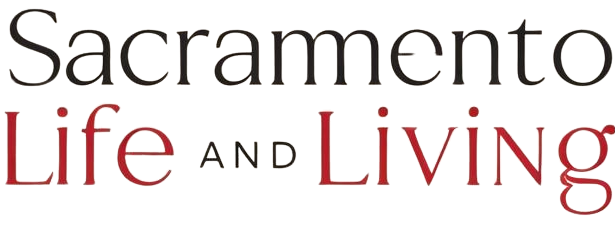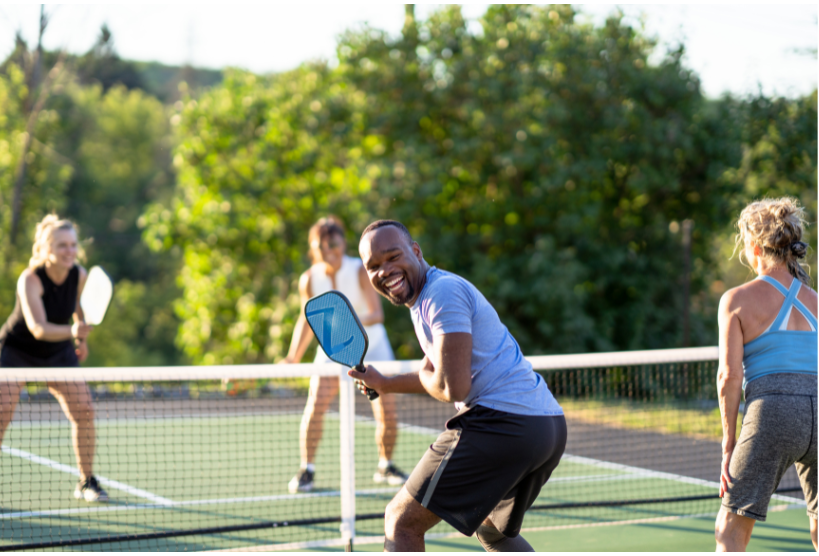How to Keep Your Mind Sharp, Your Memory Strong, and Your Brain from Turning into Oatmeal by 50
What Even Is Cognitive Fitness?
Forget Sudoku and green juice for a second — let’s talk real brain health.
Cognitive fitness isn’t just about memory or doing crossword puzzles. It’s your brain’s total performance package: focus, reasoning, mental speed, emotional regulation, creativity, and even decision-making.
Think of it like going to the gym… but for your brain. Because no matter how many squats you do, if your brain’s foggy, you’re still gonna forget where you parked at Costco.
Why It Matters More Than Ever
We live in a world that never shuts up. Notifications, headlines, deadlines, kids screaming about Minecraft — your brain’s under siege 24/7.
Cognitive decline used to be something we worried about at 70. Now? Stress, screen time, burnout, and poor sleep are dragging our brain performance down way earlier.
Studies show that cognitive decline can begin as early as your 30s if you’re not actively supporting brain health.
So yeah — it matters.

Top Killers of Brain Performance You’re Probably Ignoring
- Chronic Stress: Cortisol overload = memory loss and fog.
- Lack of Sleep: Your brain literally cleans itself during sleep. No rest = mental garbage pile.
- Sitting All Day: Reduces blood flow to the brain. You can’t think well without circulation.
- Junk Food Diets: Your brain is made of fat. If you’re feeding it Cheetos, guess what it becomes.
- No Mental Challenge: Repeating the same tasks on autopilot leads to atrophy, not mastery.
Signs Your Cognitive Fitness Might Suck Right Now
- You reread the same paragraph five times
- You open a tab and forget why
- You forget what day it is (more than once a week)
- You feel “brain tired” by noon
- You say “what was I saying?” mid-sentence — all the time
You’re not alone — but you do need to take the hint.
The “Big Four” of Cognitive Fitness
Let’s break it down like leg day for your brain:
1. Mental Stimulation
Your brain thrives on challenge. Mix it up:
- Learn a language
- Pick up chess or piano
- Watch documentaries that aren’t true crime for once
- Do logic puzzles (Wordle’s not enough, sorry)
The key: make it hard on purpose. That mental “strain” is the burn that builds strength.
2. Physical Exercise
Yep, physical exercise is brain fuel. Moving your body literally grows new brain cells.
- 30 mins of moderate aerobic activity = better memory and learning
- Resistance training improves executive function
- Walking meetings > Slack messages
If you’ve been skipping workouts, you’re not just hurting your waistline — you’re dulling your brain.
3. Nutrition for Brainpower
Let’s not overcomplicate it. Your brain wants:
- Omega-3s: salmon, walnuts, flax
- Antioxidants: berries, spinach, dark chocolate (yes, really)
- B-vitamins: whole grains, eggs, leafy greens
- Hydration: even mild dehydration = brain fog
Avoid sugar bombs, ultra-processed crap, and anything that comes in a neon-colored pouch.
4. Rest & Recovery
Recovery isn’t lazy. It’s brain maintenance.
- Sleep 7–9 hours (your memories are literally sorted while you sleep)
- Take breaks every 60–90 minutes during the day
- Try mindfulness, breathing, or doing absolutely nothing once in a while
Stress is gasoline on the fire of cognitive decline — recovery is the extinguisher.

Bonus Round: Social and Emotional Fitness
Cognitive fitness doesn’t live in a vacuum.
- Strong social ties reduce dementia risk
- Emotional regulation improves focus and decision-making
- Laughing = cognitive flexibility and emotional processing
So yes, hanging with your friends is actually a brain workout. Canceling plans again? Maybe rethink that.
Brain Training vs. Bullsh*t: What Actually Works?
Spoiler: Most brain-training apps are trash. Studies are mixed, and most just teach you to be good at… the app.
What works:
- Learning something NEW and CHALLENGING
- Multisensory tasks (music, art, cooking new recipes)
- Games that require strategy, planning, and adaptability (chess > Candy Crush)
Real growth = discomfort. If it’s easy, it’s not working.
Building Your Own Brain Fitness Routine
Like your body, your brain craves variety, effort, and consistency. Try this:
| Day | Activity | Cognitive Benefit |
|---|---|---|
| Mon | 30 min brisk walk + podcast | Memory, blood flow |
| Tue | Learn 10 new words in another language | Neuroplasticity |
| Wed | Strength training + Sudoku | Executive function |
| Thu | Read nonfiction + journal reflections | Focus, recall |
| Fri | Play an instrument or paint | Creativity, attention |
| Sat | Hike with friends | Physical + social |
| Sun | Meditation + plan your week | Recovery + organization |
What Happens When You Do Prioritize Cognitive Fitness?
- Sharper memory (you finally remember people’s names)
- Better focus (less tab-switching, more deep work)
- Faster thinking (witty comebacks return, baby)
- Emotional regulation (less flipping out over dumb stuff)
- Higher resilience (you bounce back instead of breaking down)
It’s like HD mode for your brain — and once you feel it, you’ll never go back.
Aging Well Starts Now
Cognitive decline isn’t just an old person problem — it’s a lifetime issue. The earlier you start training your brain, the longer and better it performs.
Neurodegenerative diseases like Alzheimer’s don’t begin at 75. They start silently, decades earlier.
Taking action now is like adding deposits to your brain’s savings account — you’ll be glad you did when you’re 60, still sharp, and beating your grandkids at chess.
Quick Wins You Can Start Today
- Drink a full glass of water first thing in the morning
- Go for a 15-minute walk after lunch
- Eat one meal with leafy greens, nuts, and berries
- Put your phone in another room and read a book
- Text someone and have a real convo
- Try a breathing app before bed
- Challenge yourself: pick one hard thing to learn and start
Final Thoughts: Use It or Lose It
Your brain is your most important asset — not your house, not your 401(k), not your LinkedIn connections.
Investing in your cognitive fitness now means staying sharper, faster, and more “you” for decades to come.
It’s not about becoming some superhuman genius. It’s about staying mentally agile, emotionally steady, and not losing your damn keys every day.
Train your brain. You’ll thank yourself later.
Check out our latest blog on healthy snack ideas here




